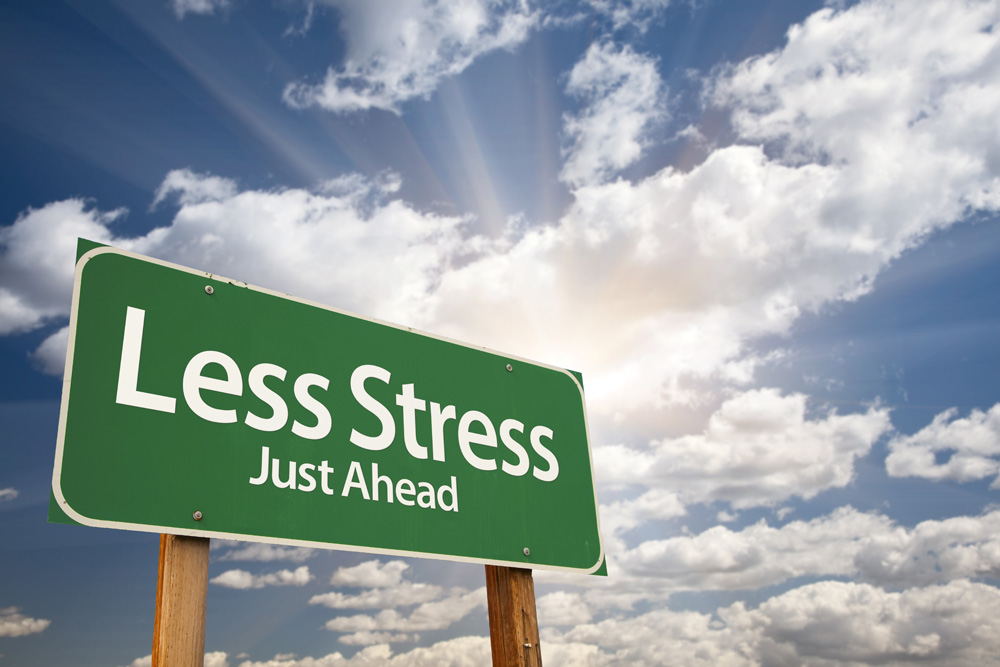Prolonged and intense stress can harm your body. The tense state of your physique when stressed can cause health conditions, such as chronic pain and hypertension. You may also experience sleeping problems, loss of appetite, and fatigue if you constantly experience stress. It is, therefore, important to identify stressors in your life as doing so will help you eliminate them from your life as much as possible.
Here are some tips on how to identify stressors in your life:
- Identify Your Triggers
A trigger is an external situation, place, or person that causes you to experience a certain emotion. For example, you may find that you experience sadness and fatigue during the winter or summer season. Whenever the weather or season changes, you begin to feel more like yourself again. This particular scenario wherein your mood is triggered by the weather is known as seasonal depression.
In such a case, you don’t have any control over the weather as you are basically battling against nature. This means that you will have to find strategies to help you cope with depression during a particular season. If you tend to experience depression during the winter, you can try to enjoy the few hours of sunlight by going for some walks. Nature is believed to increase your feel-good hormones called dopamine. At the end of the day, you can enjoy a dark chocolate beverage; seeing such a type of beverage may already increase your dopamine levels.
Identifying your triggers requires you to be mindful of your own emotions and external factors. You can keep a journal, wherein you’ll jot down the periods when you feel most stressed out on one side of the page. On the other side of the page, you can write down the events that take place during those periods. With time, you may begin to notice a pattern, which can help you determine your triggers, allowing you to come up with solutions to help you cope better.
- Pay Attention To Your Body
People experience stress differently. When some people are stressed, they feel pain in their shoulders and neck. Others clench their jaws, which may result in a headache. Stress can also cause shallow breathing, which can lead to chest pains. In other words, paying attention to how your body responds to stress is one way to help you identify stressors in your life.
If you discover that your body is holding tension, you need to analyze when it started, heightened, and eased up. For example, analyze your tension levels when you are in a specific environment, such as work, and compare them when you are at home. If you are tense throughout the time that you are at work, there may be stressors in that space. You then have to evaluate that space and try to figure out aspects that may be stressing you out. That way, you can effectively find solutions.
- Be Mindful Of Your Thoughts
Another effective way to figure out the stressors in your life is to be mindful of your thoughts. You have to reach a point where you can easily identify when you have entered a negative thinking mode.
You can write down your negative thoughts, when these occurred, and how these made you feel emotionally and physically. Eventually, you may realize a pattern, which could lead you to identifying your stressors.
- Observe Relationship Dynamics
Humans are, by nature, social beings. The quality of your relationships has a direct impact on your stress levels. It is either that your relationships contribute to or alleviate stress.
You should analyze how you feel when you are with certain people, as well as your thoughts about them. The more you analyze your relationships concerning your stress levels, the more you will know how to handle the different relationships in your life.
You may decide that to alleviate stress, you may need to sever your ties with certain people, fix what needs to be fixed, or simply maintain a respectful distance from others. You may also opt for relationship counselling to help improve your connection with other people.
- Attend Therapy
The purpose of therapy is to help you identify the root causes of the struggles you may be facing. Having identified the possible causes, you then have to work through them to become the best version of yourself. This means that therapy can help you identify stressors in your life. The more you probe, talk through scenarios, revisit your past, and hear out the perspective of the therapist, the higher the chances that you may identify stressors that you may not have been aware of. Having identified the stressors, you are then able to deal with them accordingly.
- Take Psychological Quizzes
You can find online psychological quizzes, which should only serve as a general guide regarding your stress levels and overall state of mind. The questions that are asked in the quizzes can give you some pointers as to what you are supposed to look out for regarding stressors in your life. At the end of the quizzes, you get an explanation about your stress levels based on the answers that you would have provided.
It’s important to note that the results of these online psychological quizzes aren’t to be received as fact, but, rather, as guidance. You can use these results as a stepping stone to seeking professional services.
Conclusion
You need to be dedicated to the process of identifying your stressors. It entails becoming mindful and aware of yourself and your surroundings. You also have to develop the habit of routinely checking your body to pick up any tension that you may be holding. Sometimes, you hold tension without being aware of it. You also have to be mindful of your thoughts, as well as of your relationships. You can also take psychological quizzes online to determine your stressors.
Make sure to seek medical and psychological guidance if you find that stress already has debilitating effects on your overall health. Always remember that there’s no shame in seeking professional help to improve your mental health. You owe it to yourself to achieve a healthy state of mind.



